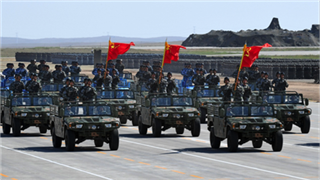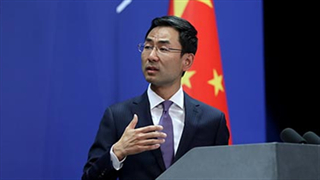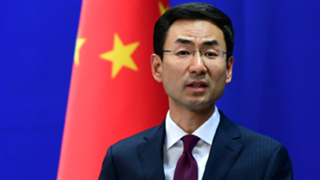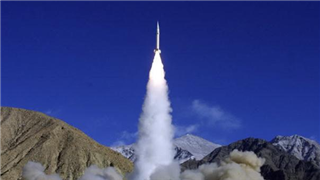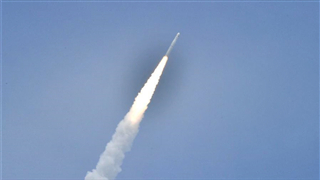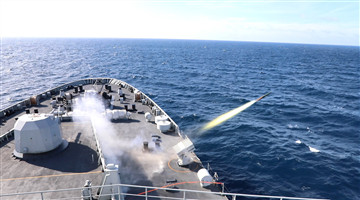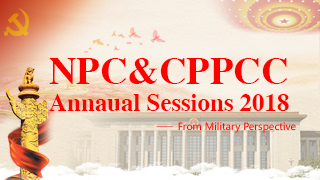Chinese President Xi Jinping arrived in Russia Wednesday for a state visit. China and Russia agreed to upgrade their relations to a comprehensive strategic partnership of coordination for a new era. This is a major event in China-Russia relations. During Xi’s trip, the two countries are expected to reach achievements in expanding mutual cooperation.
China-Russia relations have long been a hot topic in Western public opinion. Certain Western media analyzed this visit in the context of the China-US trade war, claiming that Beijing and Moscow intend to join forces against the US.
However, not long ago when US Secretary of State Mike Pompeo met Russian President Vladimir Putin in Sochi, Western media outlets were suggesting a marked improvement in US-Russia relations and the possibility of it driving a wedge between China and Russia.
Such perspectives on China-Russia relations are somewhat biased. The reality is that internal motivations for improving China-Russia relations are increasingly strong, and already far exceed any influences from the external situation.
Objectively, China-Russia ties have gone far beyond the impact of the triangle effect in the conventional sense. In other words, regardless of the state of China-US relations or US-Russia relations, China-Russia relations will continue to grow closer.
The improving strategic partnership between China and Russia has already brought comprehensive benefits to both countries and has become a common strategic asset. China and Russia are two huge neighboring nations. Close cooperation has replaced tensions over defense and is of essential importance to both countries, becoming a strategic benefit shared by both sides.
This relationship also strengthens their respective status on the international stage and provides basic support for the diplomacy of both countries. These are not short-term diplomatic conditions, but have already been normalized for the two countries.
With growing China-Russia economic cooperation and personnel exchanges, the chances of disputes at the grassroots level are increasing simultaneously. For example, there has been controversy over a Chinese-funded bottling plant near Lake Baikal, China's agricultural companies renting land in Russia's Far East, and Russia's management of Chinese vendors.
However, due to the strong strategic relationship between China and Russia, these disputes were based on specific cases, and did not ignite fierce nationalist sentiment.
China and Russia have a similar strategic understanding of the world, share many common interests and are complementary to each other. Thus there is much room to expand cooperation. In 2018, China-Russia trade volume surpassed $100 billion. Crude oil and natural gas pipelines connect the two countries, and the cross-border China-Russia railway bridge across the Heilongjiang River, known as the Amur River in Russia, links them both. These provide new starting points for their expanded cooperation and exchanges.
Redefined soon after the dissolution of the Soviet Union, China-Russia relations today are strong. The two large neighboring countries can resolve border disputes peacefully, consolidate strategic mutual trust, maintain the stable development of bilateral relations and forge a "partnership rather than alliance." This is praiseworthy in the current world.
Western opinion should not always regard China-Russia relations geopolitically and ignore the most precious thing in their ties. Starting from the two leaders' firm political will, the stable China-Russia strategic relationship today is deeply rooted in the two countries' national interests.
